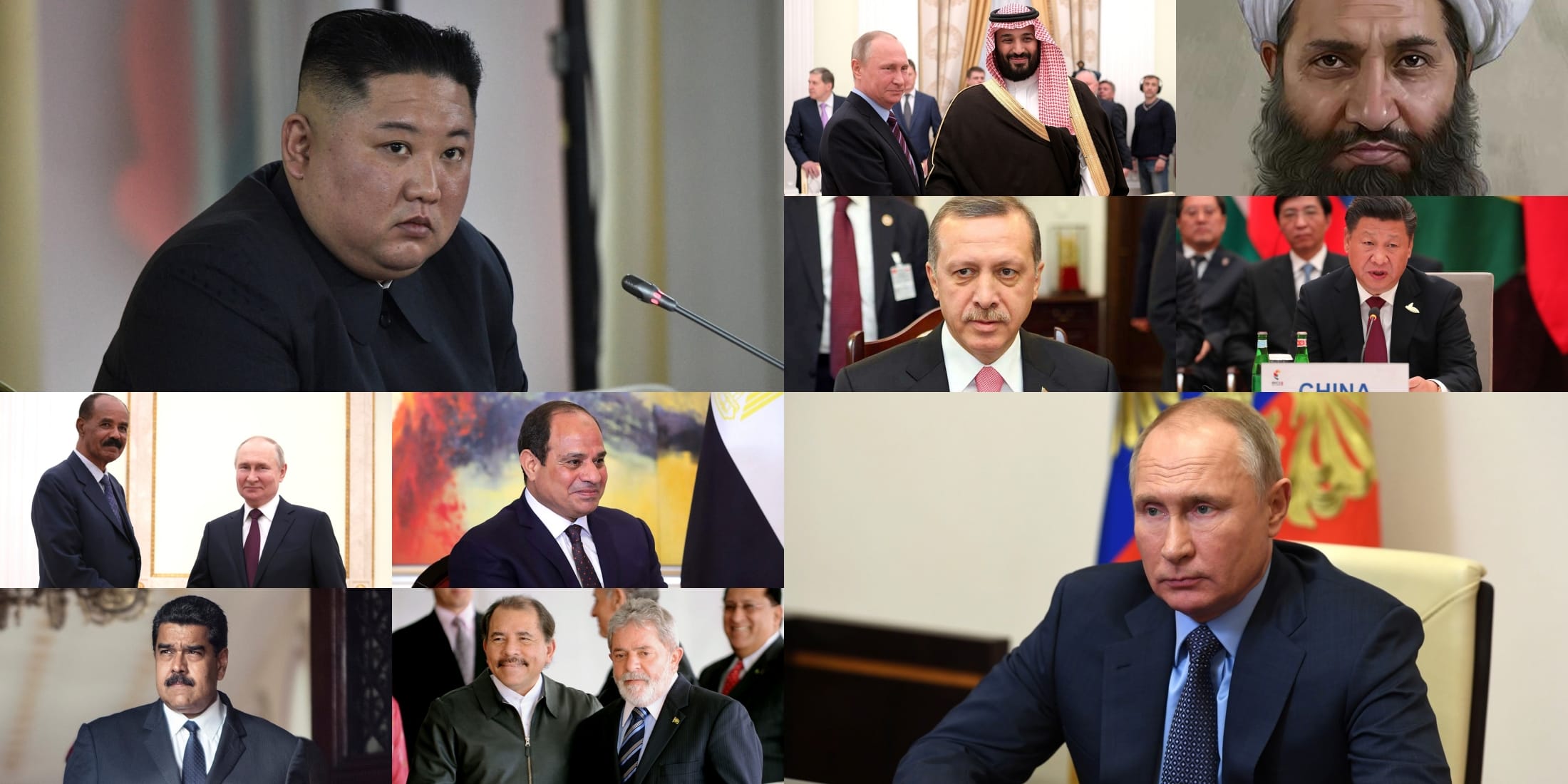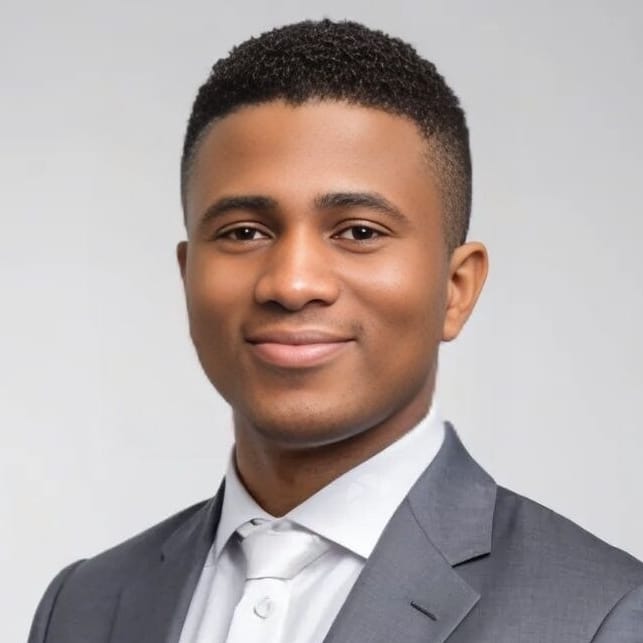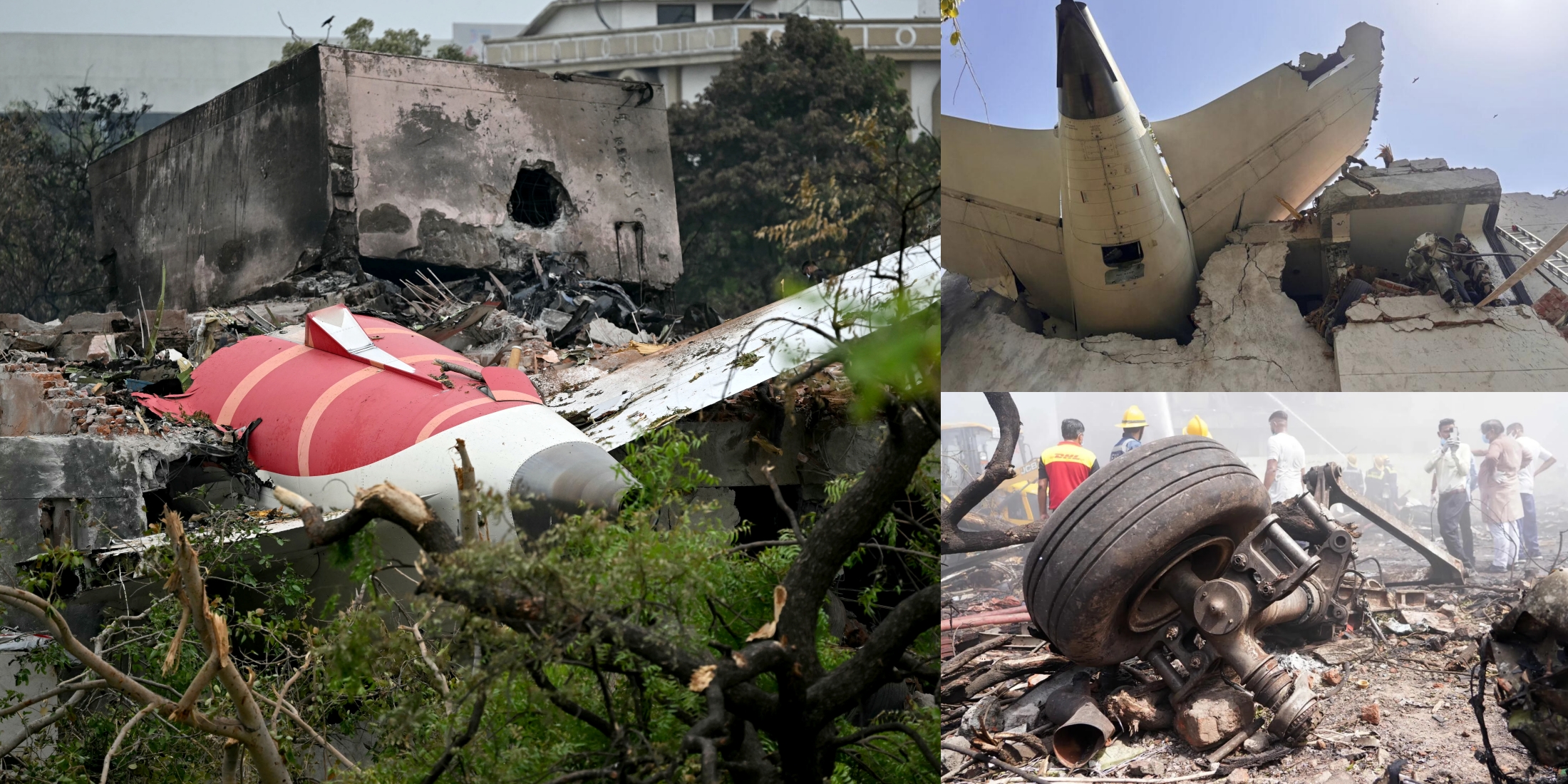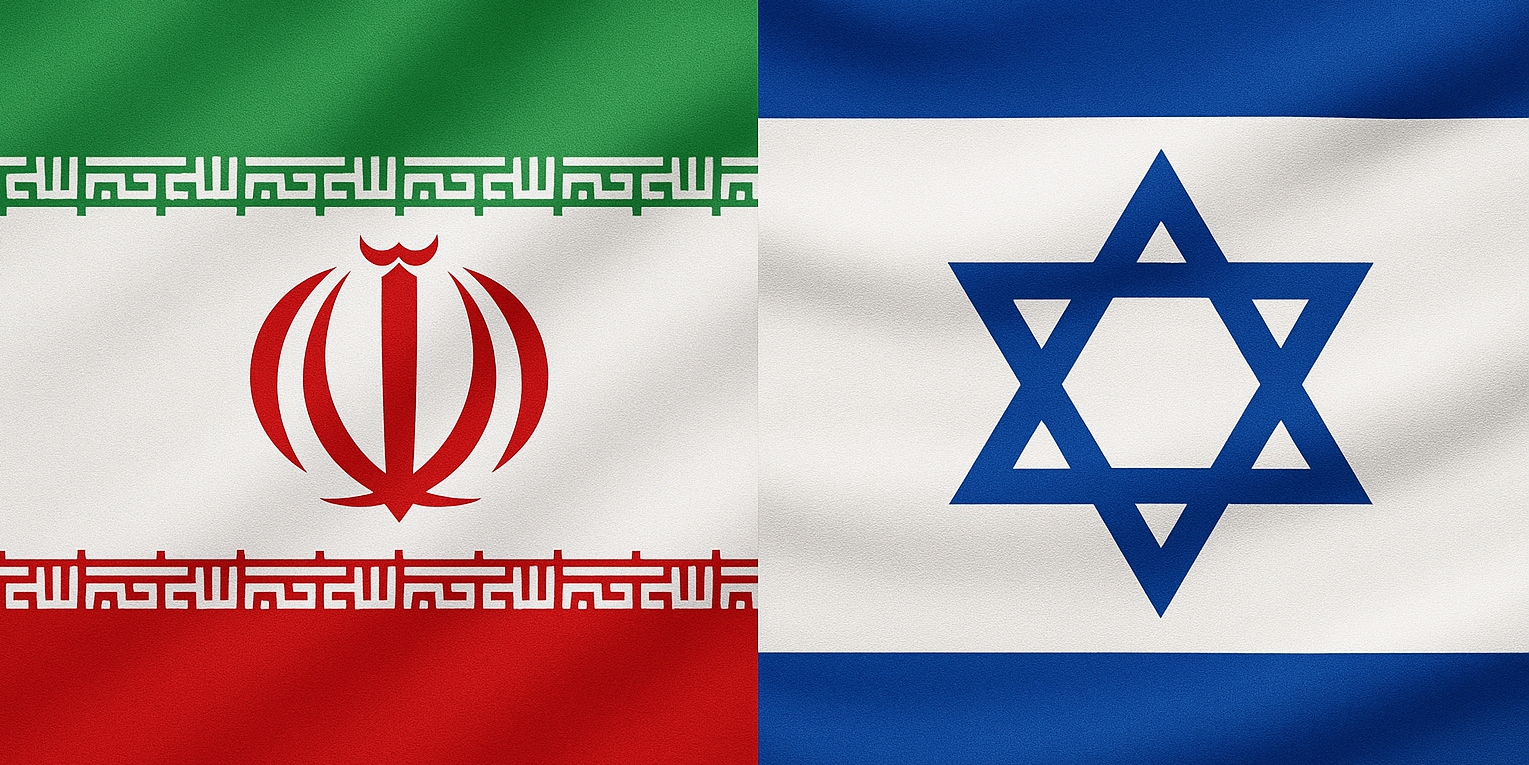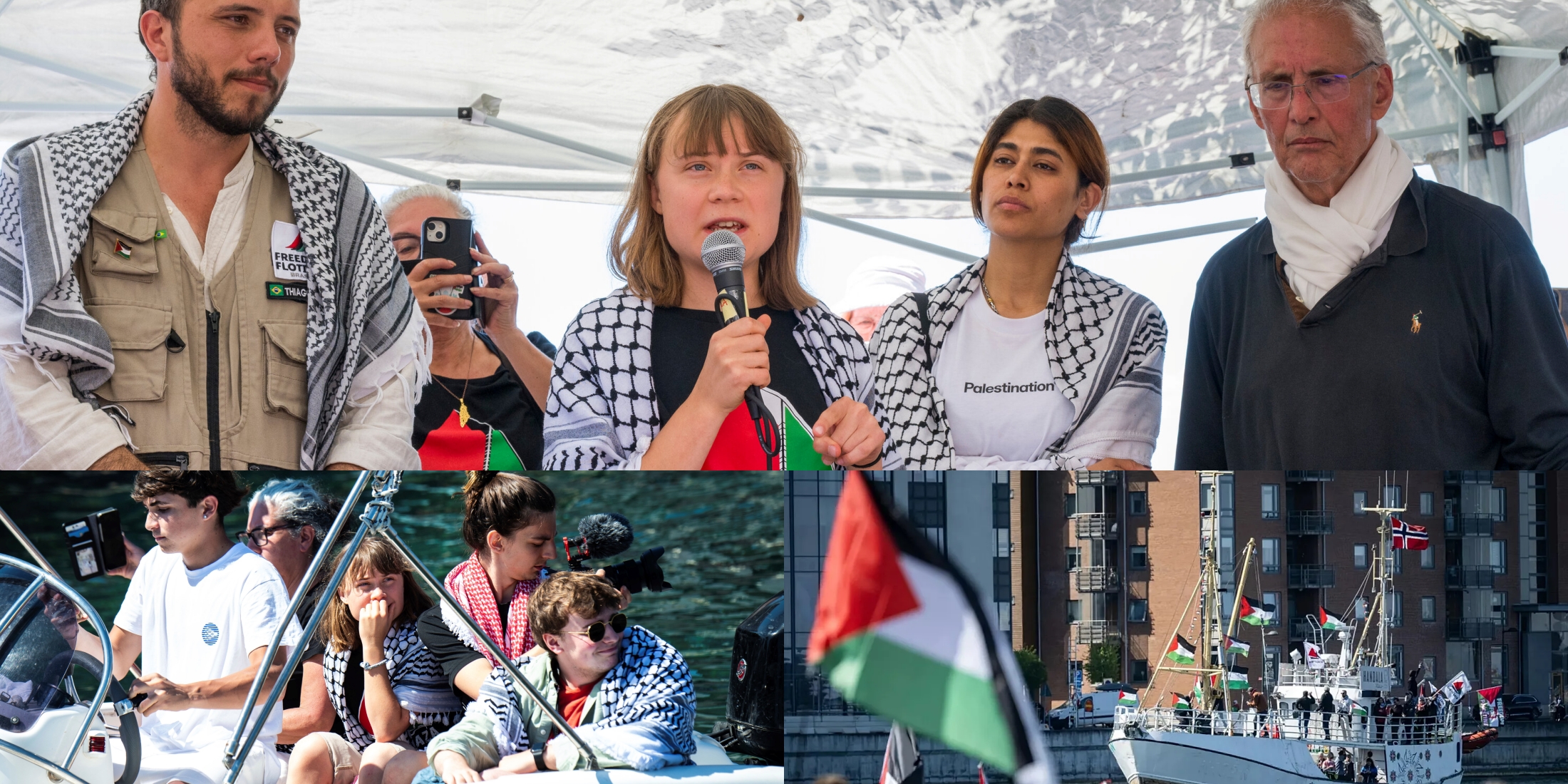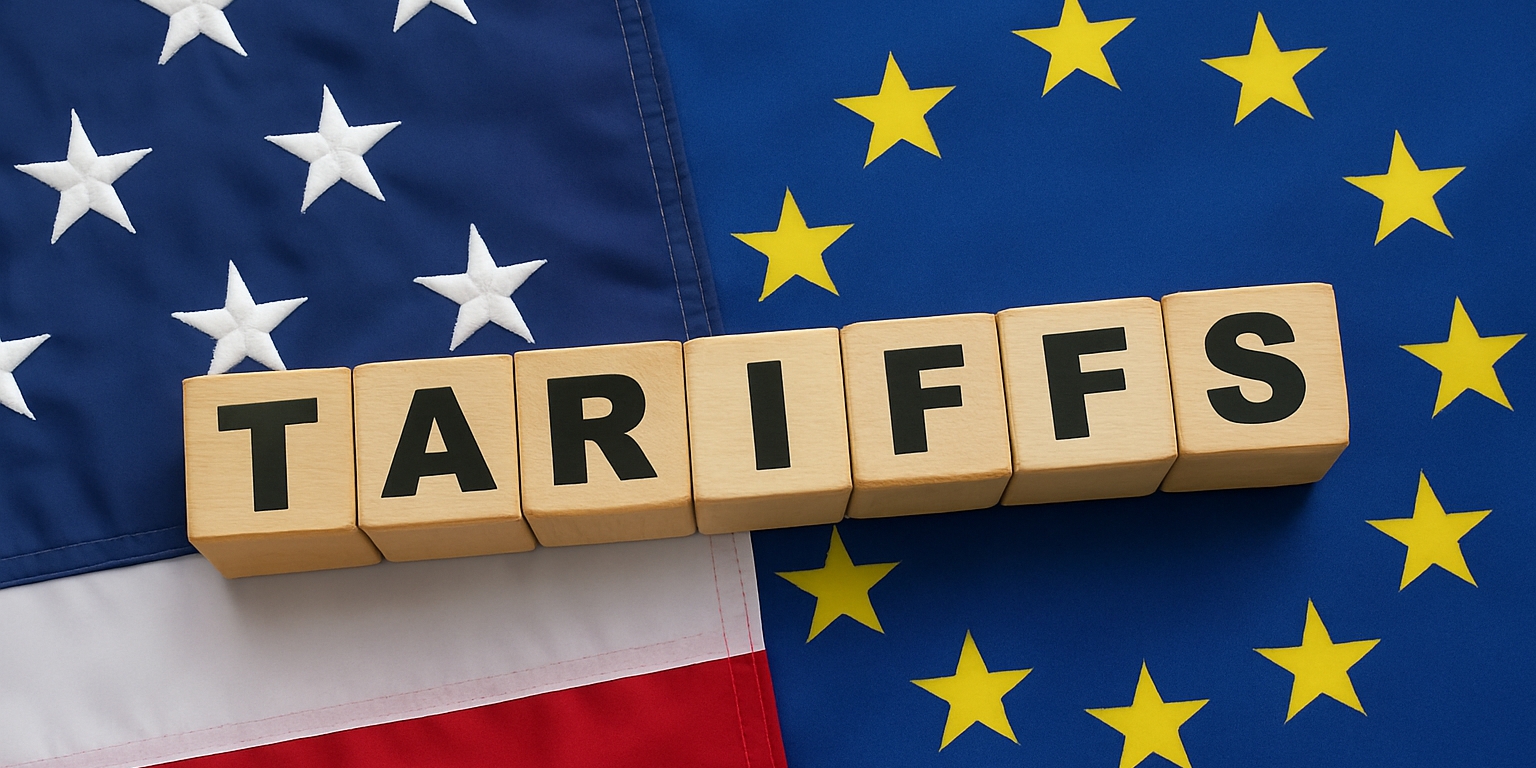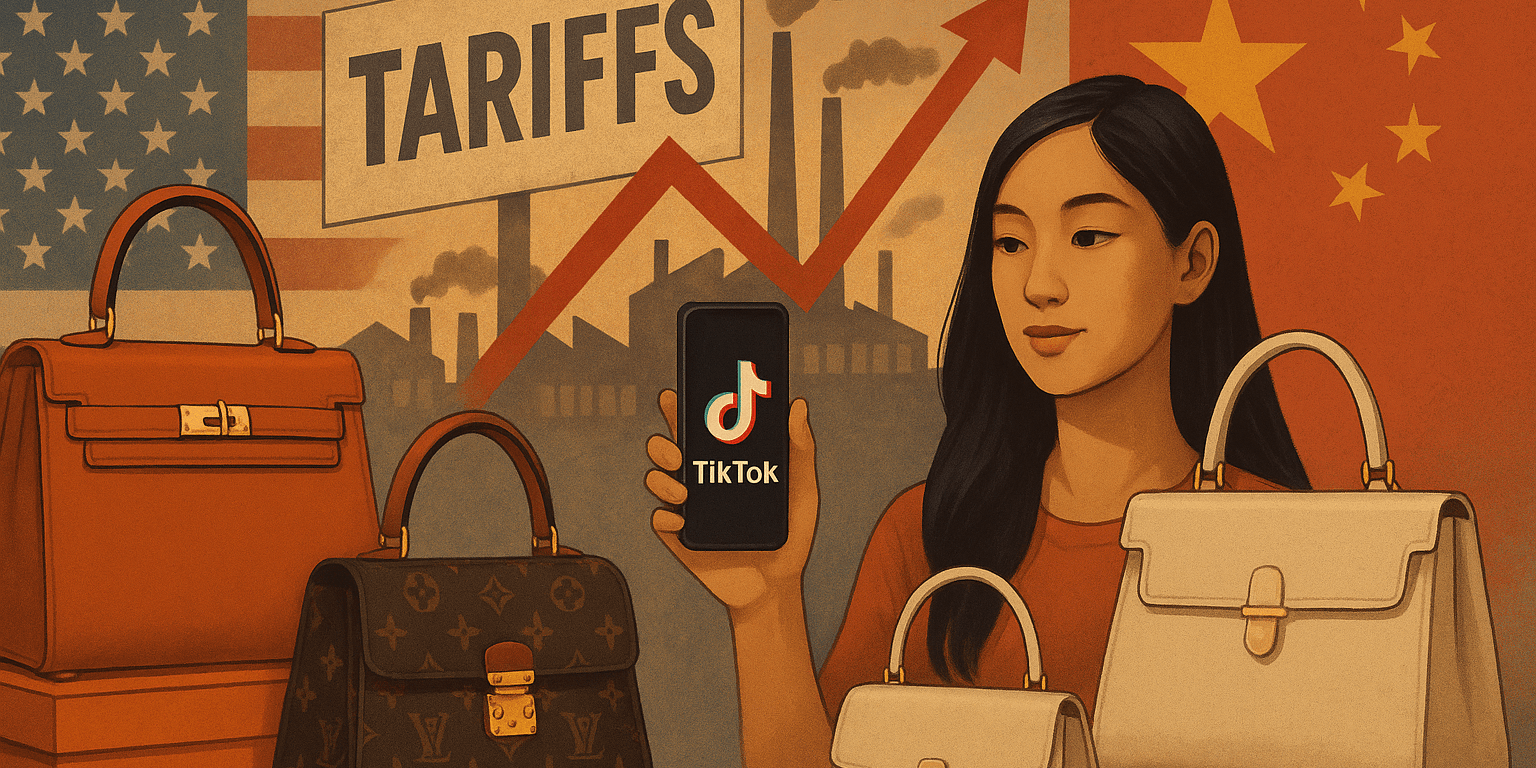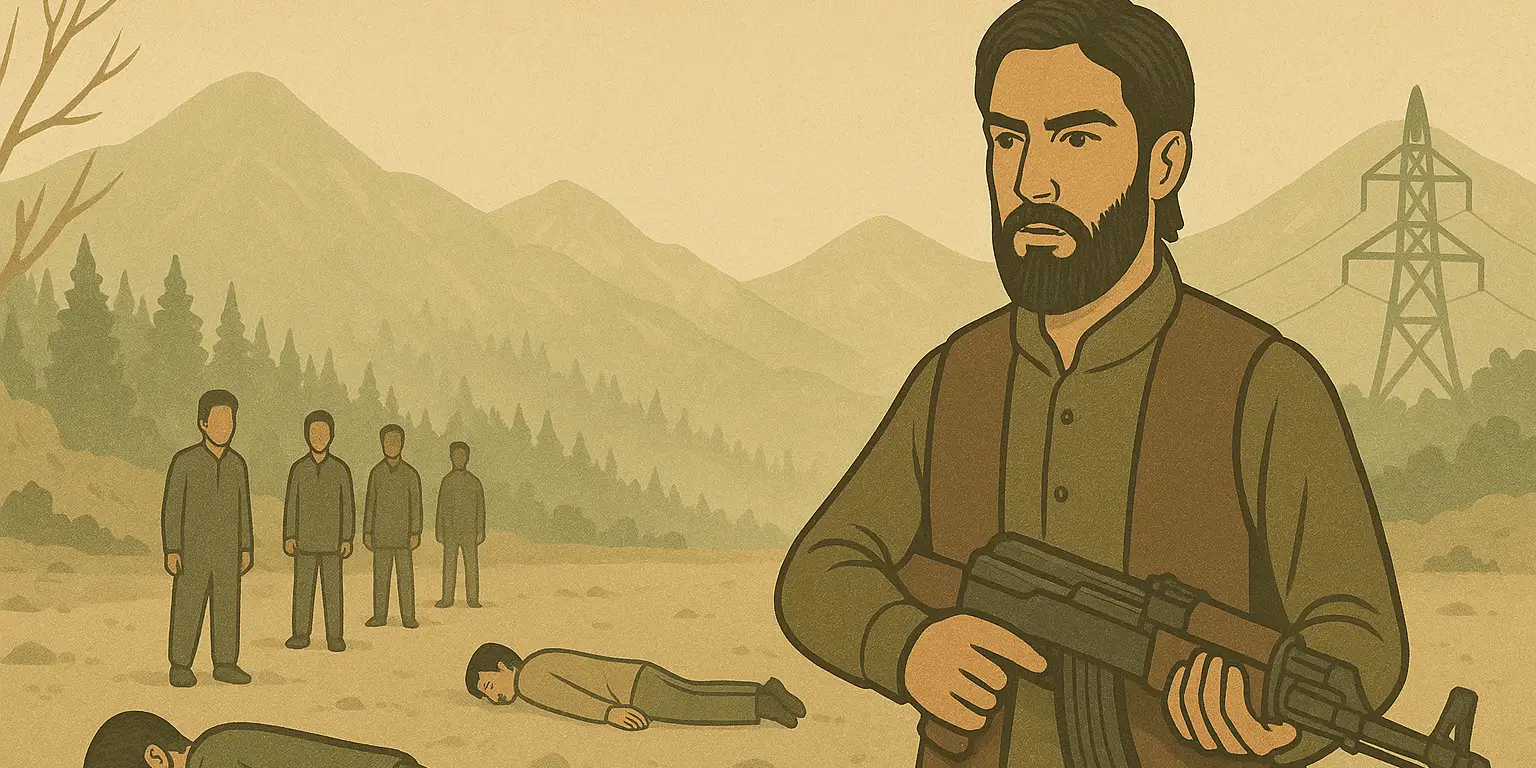By the 21st century, mankind has developed many complex ideas like democracy. However, there are countries led by dictators who interfere with political opposition, control the ‘free’ media, and violate human rights. In this article, we list the most ruthless dictators and autocrats currently in power based on their power accumulation, longevity of power, diplomatic recognition, and human rights violations.
Kim Jong-Un (North Korea)

North Korea’s supreme leader Kim Jong-Un ascended to power after the death of his father, Kim Jong-Il. Kim Jong-Un is the third ruler of the Kim dynasty, which started with his grandfather, Kim Il Sung, who founded North Korea. Kim Jong-Un is a well-known dictator and has become more like a figure of worship than a leader.
North Korea is a prime example when it comes to the brutal use of force. The supreme leader has created “an elaborate network of informants,” according to the Belfer Center. These agents of suppression are part of multiple North Korean internal security agencies. The country also ranks among the bottom five in RSF’s press freedom index.
Kim Jong-Un is still working on expanding his nuclear weapons arsenal, which has brought him attention and sanctions around the world.
Vladimir Putin (Russia)

As of now, Vladmir Putin is serving his fifth term as the Russian president and has never lost an election since 2012. He went so far as to pass a law that can keep him in office until 2036. Under his rule, Russia has become a state where political competition is resisted, the effect of the media is curtailed, and various repressions are committed.
Additionally, Russia is also responsible for assaulting and detaining its nationals abroad as well as conducting renditions and unlawful deportations.
Globally, Putin has proven to be an oppressive leader around the world, with his conflicts in situations like the annexation of Crimea in 2014 and the attack on Ukraine. Putin continues playing an important role in geopolitics all over the world.
Xi Jinping (China)

Xi Jinping, the current ruler of China started as a General secretary of the Communist Party in 2012 and became president in 2013. After 5 years in office, he removed limits on presidential terms, letting him rule as long as he wished.
Xi Jinping brought measures to monitor citizens, he made a mess of human freedom in Hong Kong, and repressed small ethnic groups like the Chinese Uyghurs in Xinjiang with mass and unfair imprisonment, enforced disappearances, mass monitoring, and more.
Mohammed bin Salman (Saudi Arabia)

Arab dictator Mohammed bin Salman became Crown Prince of Saudi Arabia in 2017 and the country has changed a lot since then. It started letting women drive in 2018. In 2019, it stopped supervision over women and made other parts of the male guardianship system more lenient. Even though these changes are good, the attack on opposition and human rights is still going on.
The Crown Prince’s relationships in Western nations help present and promote his Vision 2030 to the world—a project to make the country not rely too much on oil, to expand its economy, develop public sectors, and more. He, however, has been autocratic in things like the alleged murder of journalist Jamal Khashoggi and conflicts, most especially in Yemen.
Abdel Fattah el-Sisi (Egypt)

Abdel Fattah el-Sisi became Egypt’s de facto leader after the military removed Pres. Mohammed Morsi from power. Sisi didn’t want to become president at first. Later, in 2014, he was elected as president after he showed interest and contested.
Sisi’s government has been of dictatorial leadership. He has increased his time in office by making changes to the constitution to make him stay longer as president. Freedom House says President Abdel Fattah’s government has made it almost impossible for people to disagree with the government because doing so can lead to criminal charges and jail time. There are strict limits on human freedom and the freedom of the press.
Internationally, Sisi’s government has developed a smooth relationship with Western and regional powers.
Daniel Ortega (Nicaragua)

Daniel Ortega first led Nicaragua as a Coordinator of the Junta of National Reconstruction, then as a president from 1985-1990. After 17 years, in 2007, he returned as President after winning the 2006 general election. He has kept power by twisting the 202 elections.
Daniel’s dictatorship government is seen in acts like forceful campaigns, limiting the freedom of citizens, imprisonment of potential rivals, and closure of media houses. His extreme dictatorial practices have led to many ills for Nicaragua, like President Joe Biden banning Daniel Ortega and his officials from the United States.
Also, his harsh measures have caused the country’s economy to worsen, and a large number of people have kept leaving the country.
Isaias Afwerki (Eritrea)

Isaias Afwerki, an African tyrant leader, has been the President of Eritrea since they got their independence from Ethiopia in 1993. He has since ruled without a constitution or elections and still claims to have nobody in mind to hand over to or any plan to hand over.
Since his rise to power, Mr. Afwerki has abused citizens’ rights, creating a system that got rid of disapproval and punished people, even ministers, who stood up to or criticized him. Isaias Afwerki arrested the group of ministers known as G-15 and still kept them there to date, some dead.
He turned universities into military-technical colleges, and young people (male or female), after their education, are expected to start military training.
Under Afwerki, Eritrea has become the most isolated state in Africa. The country is now referred to as the North Korea of Africa.
Nicolás Maduro (Venezuela)

When Hugo Chávez, the former President of Venezuela, died, Nicolas Maduro was appointed next. Since then, his dictatorial leadership has caused many troubles in Venezuela, including economic failure and political issues.
Human Rights Watch has recorded his government to have committed abuse of civilians, murders, unlawful arrest and judgment, and harassment of critics. His government has been connected to some protesters’ killings and more.
To get rid of political opponents and activists, Maduro imprisons them unlawfully. He even tortures people who are not involved in politics, which violates their human rights. International bodies and countries have placed bans on him and his government because of his corrupt acts.
Recep Tayyip Erdoğan (Turkey)

Recep Tayyip Erdoğan served as a Prime Minister from 2003 to 2014. Later, in 2014, he became the first president of Turkey to be directly elected. His presidency started with the authoritarian style due to his democratic backsliding. His government initiated a constitutional reform that would concentrate more powers on his office and extend his mandate till 2029. The reform includes requirements that would make it harder for the assembly to remove him from office or bring down his government with a vote of no confidence.
Erdoğan has made Turkey’s media ineffective, and he targets and punishes political opponents. He has been accused of eroding Turkey’s secular standards by raising the influence of religion in government. Erdoğan has pushed for assertive diplomacy with hostile acts in countries such as Syria and Libya and strained relations with the European side.
Hibatullah Akhundzada (Afghanistan)
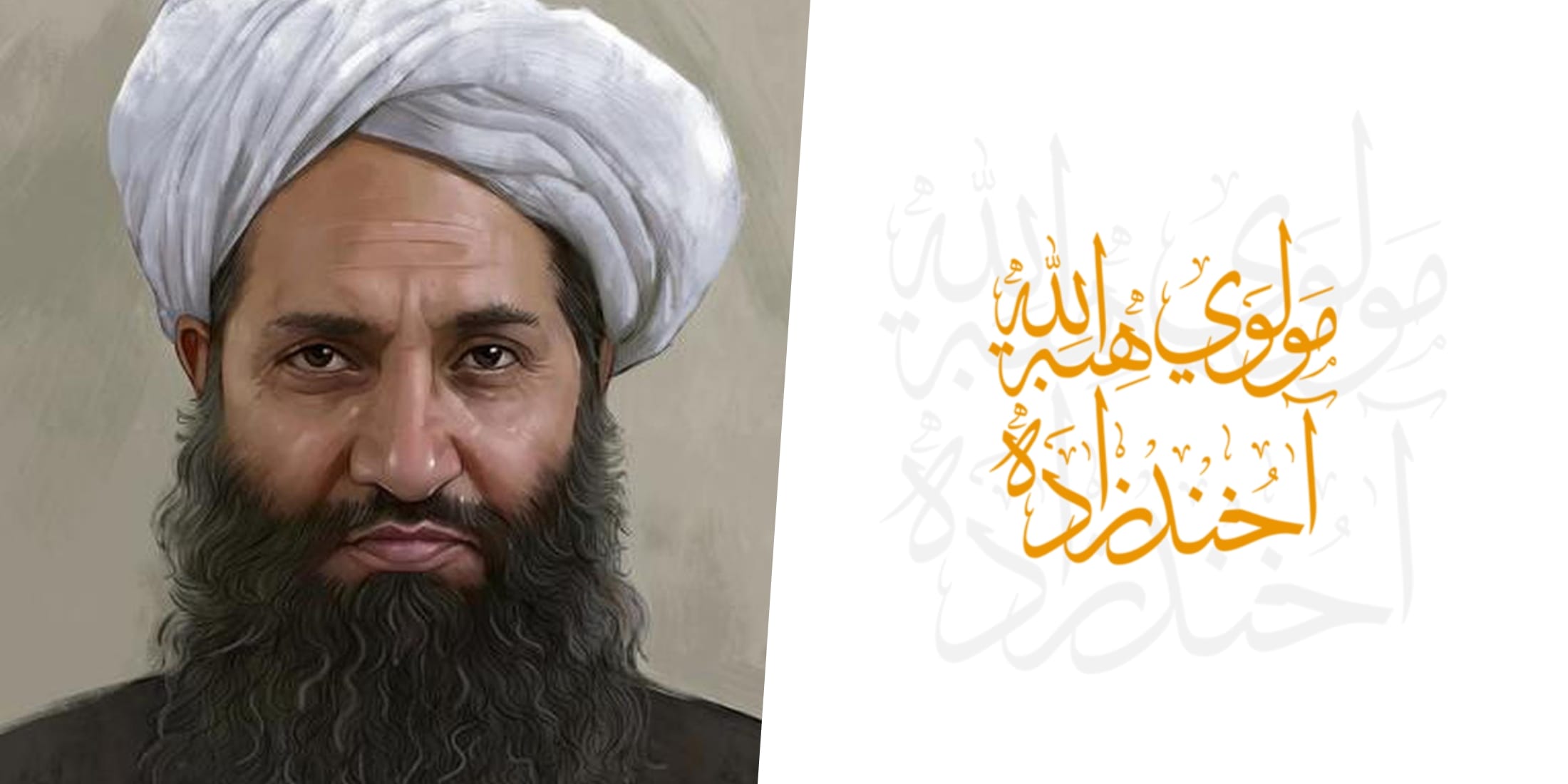
Hibatullah Akhundzada has led the Taliban Regime since 2016, and became the Supreme Leader of Afghanistan after the Taliban conquered the U.S. forces in the 2001-2021 war.
Akhundzada is known for his strict application of Sharia law, limitation of women’s rights, and strong limitation of dissent in the country. He once said that Afghan women would be stoned to death in public for adultery. “Do women want the rights that Westerners are talking about? They are against Sharia and clerics’ opinions, the clerics who toppled Western democracy,” Hibatullah said.
Almost all the time, regional powers are always careful of how they deal with the government in Kabul. They do not recognize the Taliban as the legitimate government of Afghanistan. However, they have been trying to find means of cooperation to keep the country afloat, but the Taliban government is still not yielding to international relations today.
Conclusion
We live in a world where autocratic leaders have too much power, and their actions threaten the rights of people and world stability. Their actions don’t affect only their countries but also the world at large.
Staying informed matters—it’s how we understand what’s happening around us. Let’s support international efforts to push for democracy and justice.

